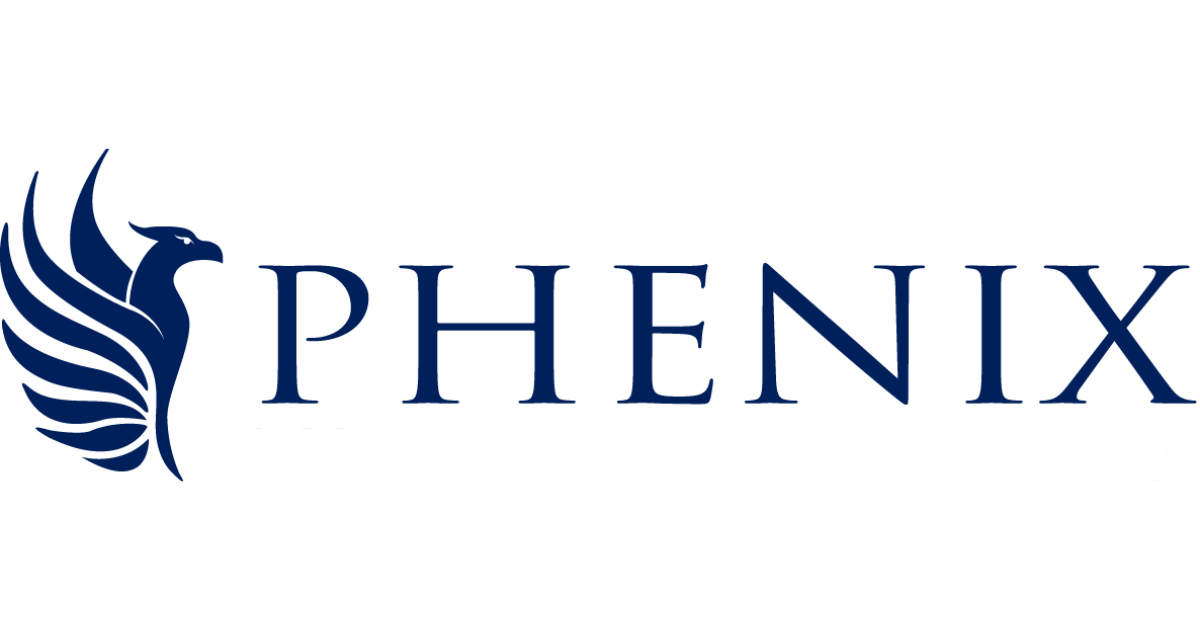Enforcing judgments and asset recovery
Securing a judgment is only the first step in the recovery process. The real challenge lies in collecting the owed amount, especially when the debtor is reluctant to pay. This guide, crafted by Phenix Investigations, delves into effective strategies for judgment recovery, highlighting how private investigators can play a pivotal role in ensuring you receive what you're owed.
Initiating the Collection Process:
After securing a judgment, the responsibility of collection falls on the judgment holder. It's crucial to demonstrate the debtor's financial capability to settle their debt. Starting with a reputable private investigation firm can provide you with the necessary insights into the debtor's assets, both liquid and non-liquid, crafting a comprehensive report on their ability to pay.
Enlisting Expert Assistance:
Private investigators offer a wealth of resources, expertise, and knowledge crucial for uncovering an individual's assets. These professionals can compile detailed reports on a debtor's financial standing, providing a clear picture of their payment capabilities.
Determining the Debtor's Payment Capacity:
A detailed report from Phenix Investigations can reveal critical information about a debtor's property and cash assets, along with their overall financial health. This information is instrumental in deciding the next steps for judgment recovery.
Effective Judgment Recovery Methods:
Bank Levy:
A bank levy is a powerful tool for judgment recovery. It requires knowing the debtor's bank details and account balance. Phenix Investigations' reports include comprehensive bank account searches, offering the necessary details to facilitate a levy through your local sheriff's department.Real Estate Lien:
Registering a judgment as a lien against the debtor's property ensures that any proceeds from the sale or transfer of the property go towards settling the debt. Phenix's reports provide essential information on property assets, including location, parcel number, and value, enabling you to secure a lien effectively.Wage Garnishment:
Wage garnishment allows you to collect a portion of the debtor's wages directly from their employer. Phenix Investigations' reports detail the debtor's employment and income expenditure, supporting your case for garnishment by demonstrating the debtor's financial ability beyond basic needs.
Navigating Legal Requirements:
Collecting on a judgment requires legal instruments like a writ of execution, garnishment, or attachment, obtainable from a small claims court post-receipt of your Phenix report. This report equips you with the information needed to pursue these collection methods confidently.
Conclusion:
Recovering a judgment demands strategic action and precise information about the debtor's financial situation. Phenix Investigations empowers judgment holders with critical asset information, facilitating informed decisions on recovery methods. Whether through bank levies, real estate liens, or wage garnishments, Phenix provides the insights needed to navigate the collection process successfully.
For those seeking to enforce a judgment in Chicago or beyond, Phenix Investigations offers the expertise and support necessary to turn judicial victories into tangible recoveries. Let our team guide you through the complexities of asset discovery and judgment recovery, ensuring you receive the compensation rightfully owed to you.

